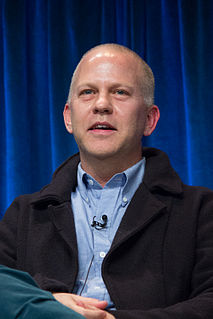A Quote by Elizabeth Bowen
In big houses in which things are done properly, there is always the religious element. The diurnal cycle is observed with more feeling when there are servants to do the work.
Related Quotes
People are in the habit of classifying life’s activities into those which are mundane and those which are religious. Remember, though, only those things done for the sake of Allah are the ‘religious’ things. Everything that is done for other than Allah – however ‘religious’ it may seem – is a worldly act… If he earns thousands of pounds to support his family and to spend for the cause of Allah, seeking only Allah’s pleasure, it is a highly spiritual act.
the scientist's religious feeling takes the form of a rapturous amazement at the harmony of natural law, which reveals an intelligence of such superiority that, compared with it, all the systematic thinking and acting of human beings is utterly insignificant reflection. This feeling is the guiding principle of his life and work, in so far as he succeeds in keeping himself from the shackles of selfish desire. It is beyond question closely akin to that which has possessed the religious geniuses of all ages.
Let us remember, there is One who daily records all we do for Him, and sees more beauty in His servants' work than His servants do themselves... And then shall His faithful witnesses discover, to their wonder and surprise, that there never was a word spoken on their Master's behalf, which does not receive a reward.
The consolations of the vulgar are bitter in the royal ear. Let physicians and confectioners and servants in the great houses be judged by what they have done, and even by what they have meant to do; the great people themselves are judged by what they are. I have been told that lions, trapped and shut up in cages, grieve from shame more than from hunger.
A very large part of English middle-class education is devoted to the training of servants...In so far as it is, by definition, the training of upper servants, it includes, of course, the instilling of that kind of confidence which will enable the upper servants to supervise and direct the lower servants.
There's this Indian fellow who worked out a cycle like the idea of stone-age, bronze-age, only he did it on an Indian one. The cycle goes from nothing until now and 20th century and then on and right around the cycle until the people are really grooving and then just sinks back into ignorance until it gets back into the beginning again. So the 20th century is a fraction of that cycle, and how many of those cycles has it done yet? It's done as many as you think and all these times it's been through exactly the same things, and it'll be this again.







































